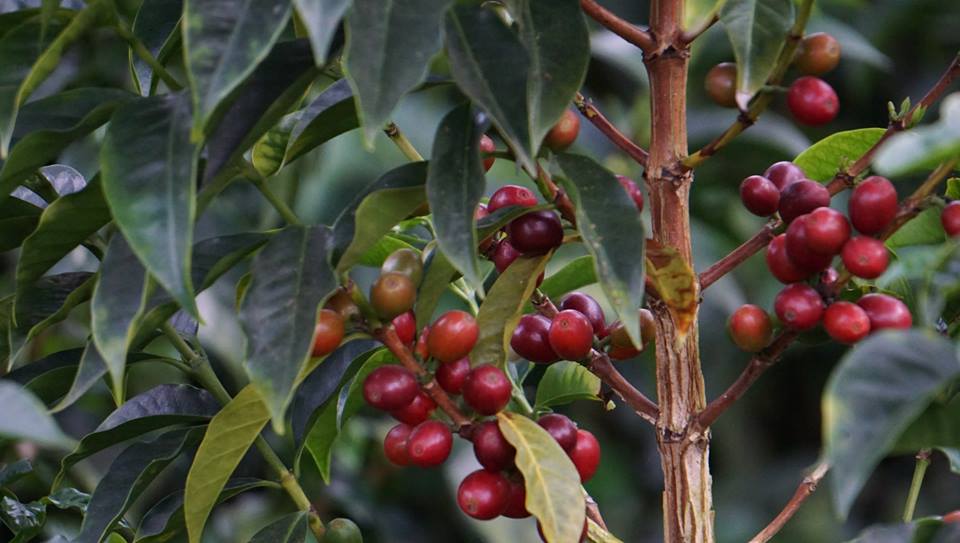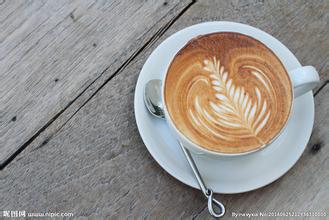Colombian coffee, the second largest coffee producer in Brazil.
The global trend of modern coffee has gone through three popular stages: the first stage is the popularity of cheap coffee represented by instant coffee from World War II to the 1960s; the second stage is the popularity of commercial coffee represented by Starbucks from the 1960s to the beginning of this century; the third stage is the popularity of boutique coffee which originated in the 1970s and has become a trend in the past decade, especially in Japan and South Korea.
Columbia (Colombian) aroma 3.5 minutes brightness 4.5 minutes mellow 3.5 minutes flavor 4.5 points aftertaste 4.5 points
Suitable for baking: Medial/City/Full city/Espresso/Dark/French Columbia beans are one of the few coffee beans that range from shallow roasting to very deep roasting, from clean light roasting to deep roasting sweetness, in such a wide range
Columbia beans will have different styles and features.
Once the second largest coffee producer after Brazil, Colombia, now the world's largest supplier of washed beans, has been overtaken by Vietnam. Colombia has become synonymous with good coffee after years of image-building. Despite the balanced flavor, thick texture, famous sour taste and aroma, most Colombian beans are mediocre and have no personality if you taste them carefully. When choosing Colombian beans, you should not only look at the grade marks, but also pay attention to the producing areas, because Colombia is currently graded according to the size of beans, so the Supremo or Excelso on the coffee bag refers to the size of beans rather than the quality, but the size of beans is not necessarily related to the flavor of the entrance, but is closely related to the altitude of the place of origin and taste, so this grading system is often criticized. In fact, most of the medium,
South American countries have switched to altitude classification, and only Colombia maintains this traditional classification system, which many Colombian coffee makers have recognized and have begun to demand a change in the classification system. Colombia's famous producing areas include Medellin, Armenia and Manisales, so the word MAM is sometimes seen on coffee bags, indicating that the coffee beans may come from any of these three producing areas. Almost all of Colombia's finest coffee beans come from traditional small farms, which grow old coffee trees from Typica, which are well planted and carefully harvested and treated, so they are of high quality but relatively low in yield.

Important Notice :
前街咖啡 FrontStreet Coffee has moved to new addredd:
FrontStreet Coffee Address: 315,Donghua East Road,GuangZhou
Tel:020 38364473
- Prev

Introduction to Indian Coffee, a boutique coffee grown in Babdanjiri Mountain area
The first coffee was introduced to India in 1670 and was grown in the Babdanjiri region. Today, the Babdanjiri region is also the most important boutique coffee growing base in India. There are both wet and dry processing of coffee produced in India. Arabica coffee in India is mainly small grain coffee, and Robusta coffee produced in India is very popular in the global coffee market.
- Next

Introduction to Puerto Rico Yaoke Coffee with beautiful bean shape and rich taste
Puerto Rico Yaoke SELECTO AA producing country: Puerto Rico Grade: AA planting area: Puerto Rico Brand: Yaoke SELECTO AA treatment method: wet processing appearance: 2dpact 300grgr18cm SCR Variety: bourbon Note: Yaoke SELECTO Puerto Rico famous small producing area boutique coffee, the output is very limited, the annual output is only about less than 200tons. This one
Related
- Does Rose Summer choose Blue, Green or Red? Detailed explanation of Rose Summer Coffee plots and Classification in Panamanian Jade Manor
- What is the difference between the origin, producing area, processing plant, cooperative and manor of coffee beans?
- How fine does the espresso powder fit? how to grind the espresso?
- Sca coffee roasting degree color card coffee roasting degree 8 roasting color values what do you mean?
- The practice of lattes: how to make lattes at home
- Introduction to Indonesian Fine Coffee beans-- Java Coffee producing area of Indonesian Arabica Coffee
- How much will the flavor of light and medium roasted rose summer be expressed? What baking level is rose summer suitable for?
- Introduction to the characteristics of washing, sun-drying or wet-planing coffee commonly used in Mantenin, Indonesia
- Price characteristics of Arabica Coffee Bean Starbucks introduction to Manning Coffee Bean Taste producing area Variety Manor
- What is the authentic Yega flavor? What are the flavor characteristics of the really excellent Yejasuffi coffee beans?

